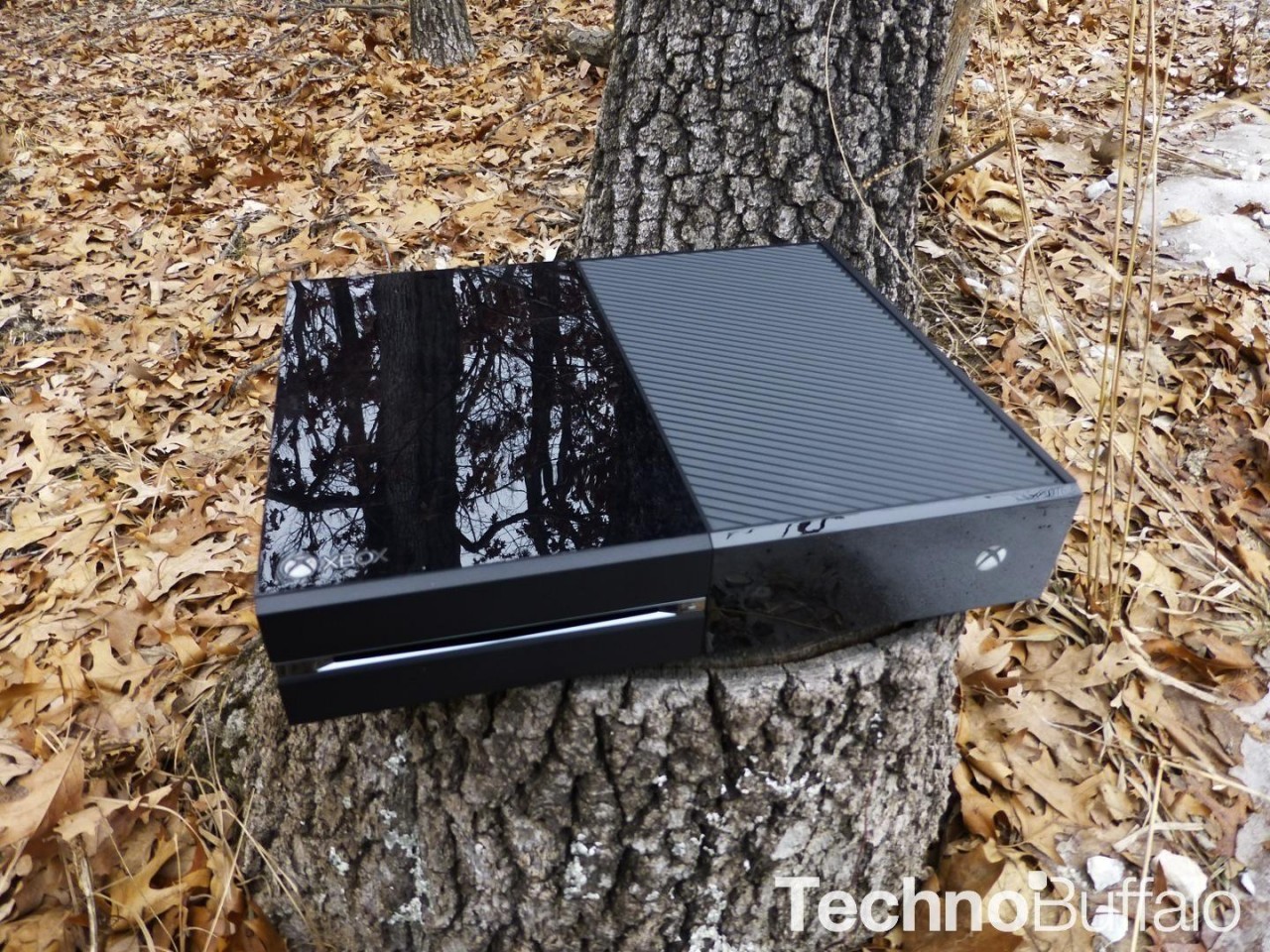Hardware revisions have become an expected part of console life cycles for decades now, but usually they’re hardware refreshes meant to kick up sales and bring down manufacturing costs. Now an Xbox One hardware revision is rumored to be on the way, but it doesn’t sound like quite the same thing.
According to Microsoft blogger Brad Sams of Petri, rumors of a “lightweight Xbox One” have been picking up over the last few months.
When he says lightweight, he’s talking not about a svelte, streamlined version like the Xbox 360’s slim edition, but something less powerful – get your jokes about the current Xbox One’s power ready for the comments section – and less expensive.
The system, he says, would be “a lightweight Xbox One that may only be for Windows store games and would compete with Apple TV.” Similar rumors were floating around during the launch window of the Xbox One a couple years back, but were apparently scrapped. My guess is that if something like this was in the wings, the plans went out the window along with Microsoft’s lead thanks to the Xbox One’s botched unveiling and release.
If this does happen, we can look forward to it in the second half of the year, suggesting the system would be announced at E3.
If Microsoft is thinking about something like this, they need to make sure it isn’t something that can be confused with the Xbox One. Adding consumer confusion to the system’s already lagging sales could be a major blow to the console.
This is all rumor right now, but it seems reasonable that Microsoft is scrambling internally for any way to catch the Xbox brand up to the revitalized PlayStation name. Even if Spencer has admitted that the Xbox One simply can’t catch up to the PlayStation 4, it makes sense that they would be looking for ways to lift up the greater Xbox brand.
As for the Xbox One getting a proper revision, if the system holds pace with the 360, we would see that sometime in 2018 – the Xbox One, like the Xbox 360, received an Elite edition two years after release, and the 360’s Slim edition hit in 2010, five years after.

